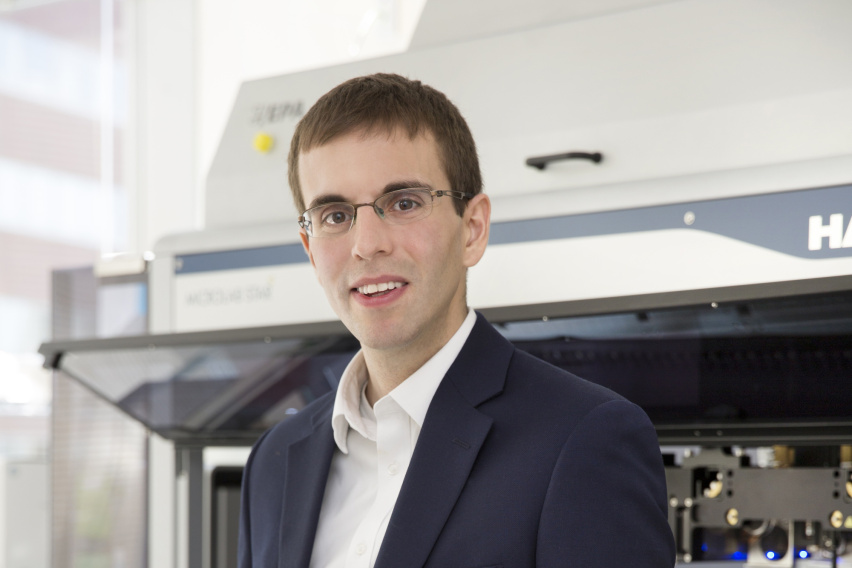MIT News
January 24, 2024
The MIT Faculty Founder Initiative has announced 12 finalists for the 2023-24 MIT-Royalty Pharma Prize Competition, among them KI faculty member Jessica Stark, Charles W. (1995) and Jennifer C. Johnson Clinical Investigator Joelle Straehla, and KI alums Ritu Raman and Theresa Raimondo. The competition aims to support female faculty entrepreneurs in biotechnology and provide them with resources to help take their ideas to commercialization. This spring, finalists will pitch their ideas to a committee of faculty, biotech founders, and venture capitalists, who will select a grand prize winner to receive $250,000 in discretionary funds, as well as breakthrough science award and runner-up award winners, who will each receive $100,000.
